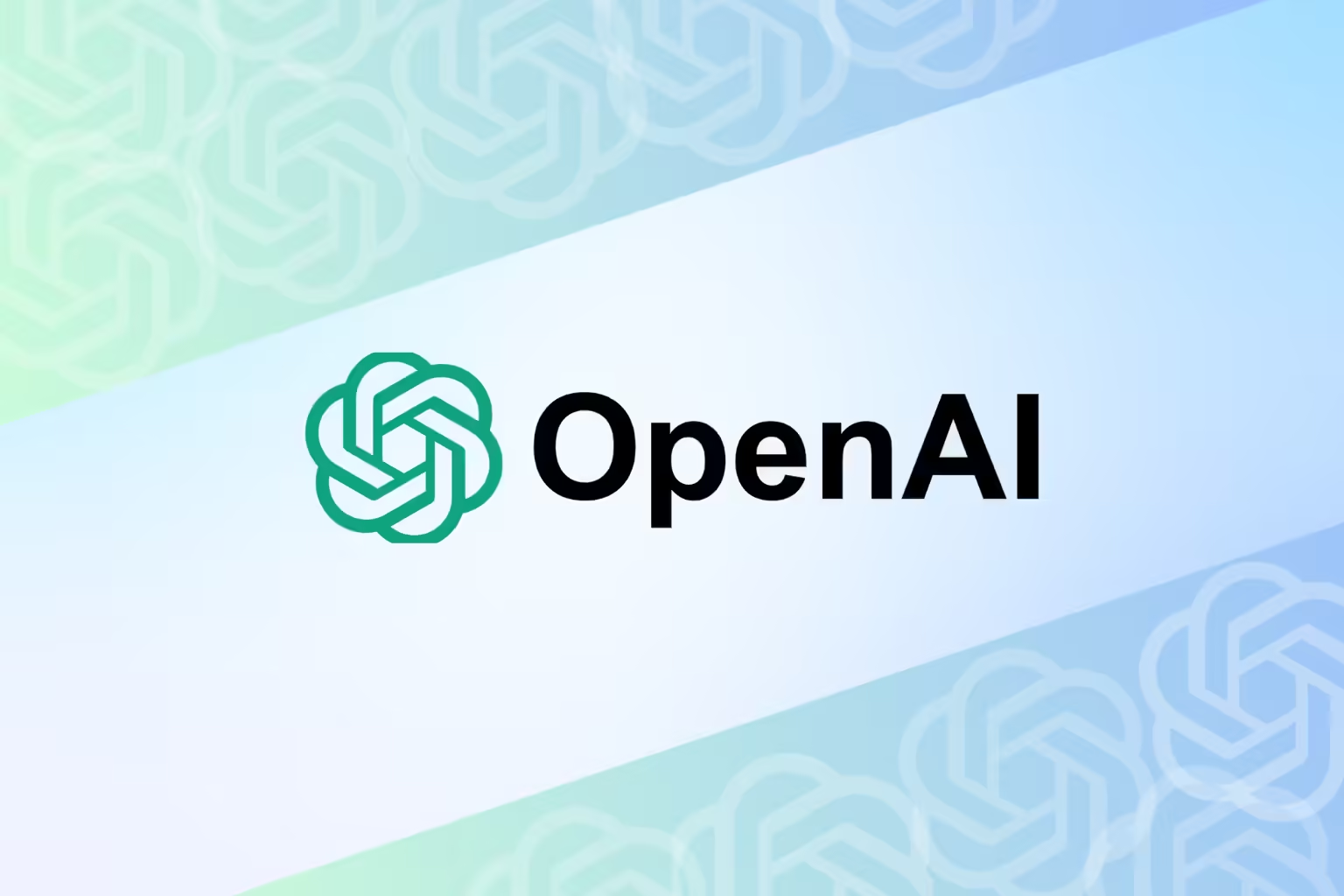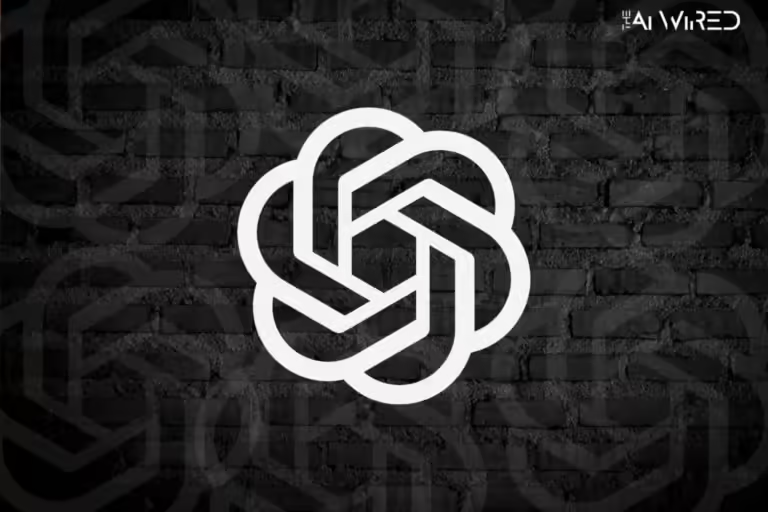
OpenAI’s Sam Altman Sees Long-Term AGI Revolution Beyond AI Hype
OpenAI CEO Sam Altman believes that while people may overestimate the short-term effects of AI, he is confident in developing advanced AI (AGI) and expects significant changes in the long run.
Sam Altman, the CEO of OpenAI, said in a podcast that he is confident the company will be the first to develop AGI, or artificial general intelligence.
When host Adam Grant, who is an author and psychologist, asked Altman about a controversial opinion in AI, Altman responded, “AI won’t be as important as people believe, at least shortly.” “In the long run, everything changes.”
“I honestly think we can create the first AGI, and not many people will care,” Altman said. He predicted that everyone would begin considering dinner plans 20 minutes after the creation of artificial general intelligence (AGI).
Altman thinks that the company’s models are smarter than he is in almost every way, but this doesn’t affect his life. Altman’s idea suggests that AI models are not very important in the short term, but their long-term impacts will significantly influence the future of humanity.
“We are experiencing a unique time in history where humans are no longer the smartest beings on Earth.” This raises many intriguing ideas about how people might handle a future with AI and new economies.
“I believe the entire economy will change over time.” We will find new activities to try. “I’m not worried about that,” Altman said. Should we not be concerned either? Altman acknowledged that some jobs will go away, but he also said that people will always find new ones to do.
With a positive outlook, many well-known companies in the industry anticipate an AI-dominated future. For example, look at Dario Amodei, the CEO of Anthropic. In an essay, he stated, “I believe it’s probably a mistake to think that the work you do is pointless just because an AI can do it better.”
He also mentioned that people might start to really enjoy things that don’t make money. He said that people can still feel a sense of achievement by spending years trying to do something hard, even if they don’t want to make money from it.
“I don’t think it matters much that an AI could do this task better or that the global economy doesn’t pay for this task.” He also mentioned that even if AI can do all tasks better, humans might still have an edge if machines are not cost-effective.
Amodei also believes that one area where humans are likely to maintain a relative or even an absolute advantage is their presence in the physical world. He acknowledges that AI will eventually work well and be affordable, making these arguments irrelevant.
“At that time, our current economic system won’t work anymore, and we will need to have a wider discussion about how we should organize the economy,” he said.
Vinod Khosla, an experienced entrepreneur from Silicon Valley, thinks that AI could lead to a situation where a small group of wealthy people does well, while most others struggle with economic issues. AI will create jobs we can’t even imagine right now, but it will also eliminate most of the jobs people do to meet their needs and lifestyles.
He believes that smart actions, like sharing income, setting basic living standards, and choosing the right lawmakers, can help solve problems.
“I think these changes are possible because Western capitalism works with the support of democracy and its voters.” Khosla said that if we manage this change well, AI will create plenty of wealth for everyone, making life better compared to a world without it.
Interestingly, Altman has also looked for a solution to the problem he created. He strongly supports Universal Basic Income (UBI) and has been speaking out about it since 2016, long before generative AI became popular.
He backs OpenResearch, a research group that examined the effects of giving $1,000 per month to about 1,000 Americans who make about $30,000 annually.
Cash Aid Boosts Essentials
The study showed that cash helped people spend more on essential needs. It also found that while recipients worked less, they stayed involved in the workforce and were more careful in their job searches and job decisions.
“The report said that recipients had more control to make choices that suited their lives and plan for the future, whether that meant moving to a different neighborhood or exploring new business opportunities.”
But having cash didn’t solve everything, especially problems like long-term health issues, childcare, or housing expenses. OpenResearch understands these challenges, but putting UBI into action is a separate issue.
Will it be harder to get Universal Basic Income (UBI) than to create Artificial General Intelligence (AGI)? Anton Korinek, an economics professor at the University of Virginia, mentioned in a study that, unlike systems that help those who lose out in a country’s wealth distribution, there is no strong global organization for redistributing wealth on a large scale between different countries.
Solving this problem would need an unusual amount of teamwork between countries and potentially the development of new global economic governance structures to share the benefits of AI more equitably across nations,” Korinek said.
He also mentioned that monetary policies will have new challenges, particularly in figuring out how unemployment and inflation affect each other.
“Traditional ways of measuring unemployment may not be useful for understanding inflation.” He added that new indicators of the economy’s resource efficiency, such as capital utilization, could emerge.
Korinek suggested that the government should shift its income from relying on workers to alternative sources such as AI technology revenue or new taxes on AI-generated economic activities. The main challenge will be changing economic policy for a time when artificial intelligence, instead of people, leads economic growth and changes.
It’s not just engineers or AI safety researchers who will have a lot of tasks ahead of them.” Korinek predicted that economists will play an important role in getting ready for the AI era.” “Our economists understand how markets and regulations work, which can help create good rules for AI.”
While UBI has its difficulties, Altman suggests using universal basic computing (UBC) as a long-term and sustainable option instead of UBI. “Think about owning a share of productivity, like a piece of GPT-7’s computing power, that you could use, give away, or sell. It changes access into a way to feel more powerful,” Altman said.

